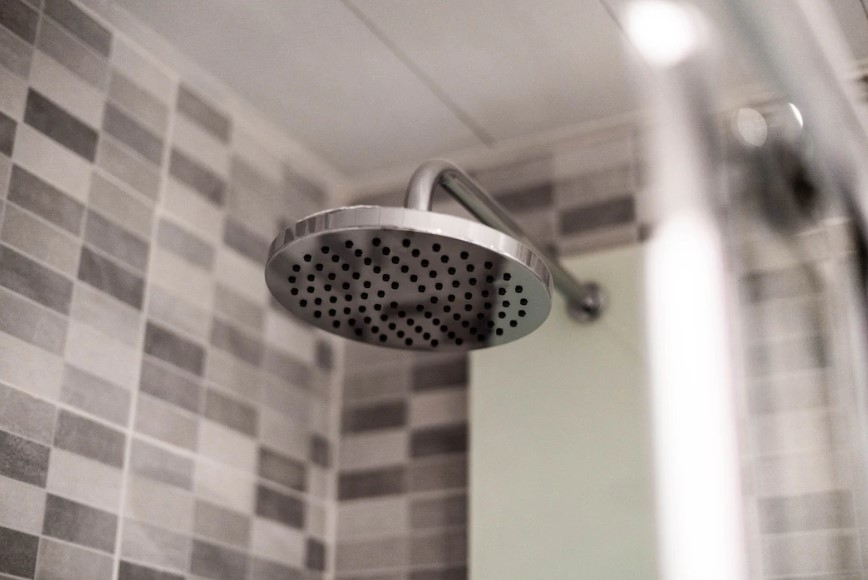
5 Signs That Your Water Heater Is On Its Last Legs
Nothing beats a hot shower to start your morning or after a long day at work, but when you step into an icy cold stream, it’s unwelcoming. This might be a sign that your water heater is on its last legs. Here are some other symptoms that could be pointing you towards replacing your outdated water heater.
Age
As a general rule of thumb, water heaters are designed to last between 10 to 15 years. It may fall on the shorter end of the lifespan category, depending on how often you use it and whether you have hard or soft water. Older units should get an assessment from a professional to determine what shape it’s in.
Leaks
Large puddles around your water heater are not a good sign. Even a small leak should be addressed and replaced. Forgoing the leak could escalate the problem into something much worse, like a flood. Considerable damage could result in filing a home insurance claim that drains your pockets.
Weird Noises
Rumbling, growling, and creaking sounds are usually caused by mineral build-up, and you would benefit from a new water heater installation. A newly installed tank will be able to heat your water faster, and it will also be more efficient because it will use less electricity or gas. A professional plumber will install a new tank that will be free from deposits and clanging sounds.
Lack of Hot Water
A faulty water heater does not supply enough water, or it may be lukewarm during usage. A typical water heater would be able to provide two to three showers consecutively with no problem. It would be best if you also double-checked to ensure the thermostat is set at the standard 120 degrees.
Rusty or Muddy Water
Metal tanks begin to rust and flake off as they age. This residue gets inside of your water heater and settles at the bottom. You’ll notice the discoloration and poor taste of your water. As time passes, the sediment also starts to erode the tank and leaks will begin to form. You can drain your water tank regularly, but eventually, it will need to be replaced.
It’s best to contact a local professional if you have determined that you need a new water heater. You’ll be able to review what options are best for you and your family. The advantages of replacing your old unit are worthwhile before your health and finances are compromised.
